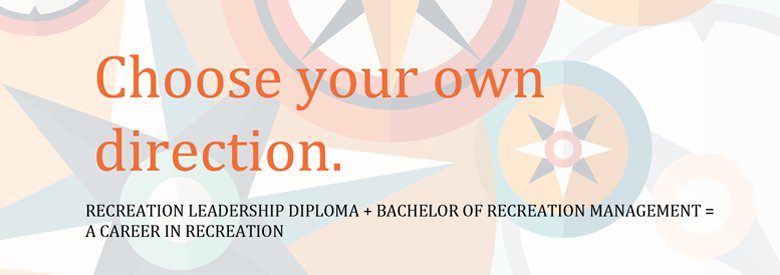Sep 15, 2017
By Yue-Ching Cheng, Program Coordinator & Instructor
It’s interesting that Recreation Professionals, the very people who create, inspire, provide, and facilitate experiences for people to disconnect from the stresses of daily life, are the same people who eat in front of their computers during lunch breaks, check work emails from home, and skip their mid-shift breaks (all in the name of “I don’t have time to / it’s too busy”)

Are you guilty of doing the above? I was…
Albert Einstein had a daily habit of walking that he held as sacred. He would walk a mile and a half to and from work everyday while he was at Princeton. Charles Darwin, also followed a similar ritual of daily walks. And Issac Newton, according to legend, came up with the theory of gravity whilst sitting in his garden and being struck by an apple that fell from a tree.
What do Albert Einstein, Charles Darwin, and (according to legend) Issac Newton have in common that we can learn from? They took time to disconnect from their work, which led to significant insights into the problems they were trying to solve.
As Recreation Professionals, we know the benefits of exercise, but many of us prioritize work over health. If you choose to take this route, then let me introduce you to Transient Hypofrontality (Dietrich, 2006), a theory that says the brain has limited resources to go around. When you exercise, all the brain power required to be coordinated and not fall over, take away some resources from processing all those spreadsheets, budgets, and schedules. Those work related things are still grinding away in your brain, but with less resources, the brain processes them differently, which means, you’re more likely to come up with alternative solutions to problems than if you were only focused on them specifically. If you’re looking for solutions issues (like working more efficiently), maybe you need to get outside and take a walk.
So for all those work-a-holics out there, if you’re not exercising daily, you’re clearly not very committed to your work. For the rest of us purist recreation believers, we’ll just keep exercising because we know it’s good for us. And if I’m wrong about all this, at least I can say I’m in good company (Darwin, Newton, Einstein) when I take a break from my work. But who knows, maybe I’ll stumble on the solution for world hunger or poverty while I’m at lunch today.
Dietrich, A. 2006. Transient Hypofrontality as a mechanism for the psychological effects of exercise. Psychiatry Research. 145; 79-83.
